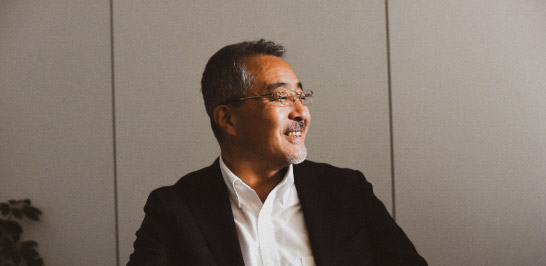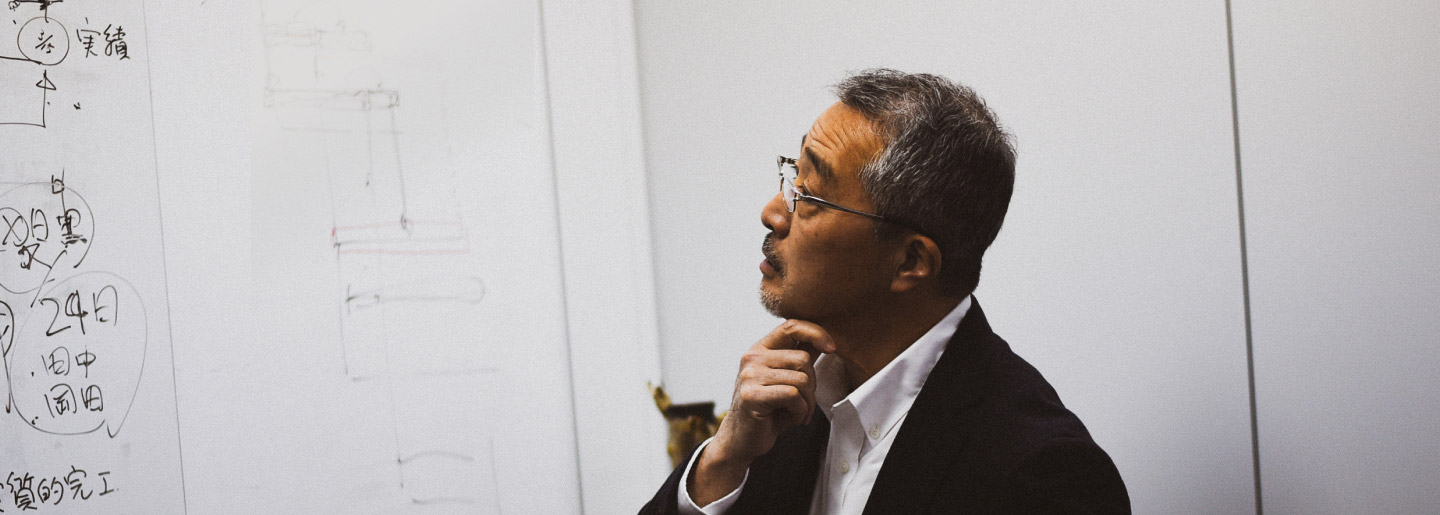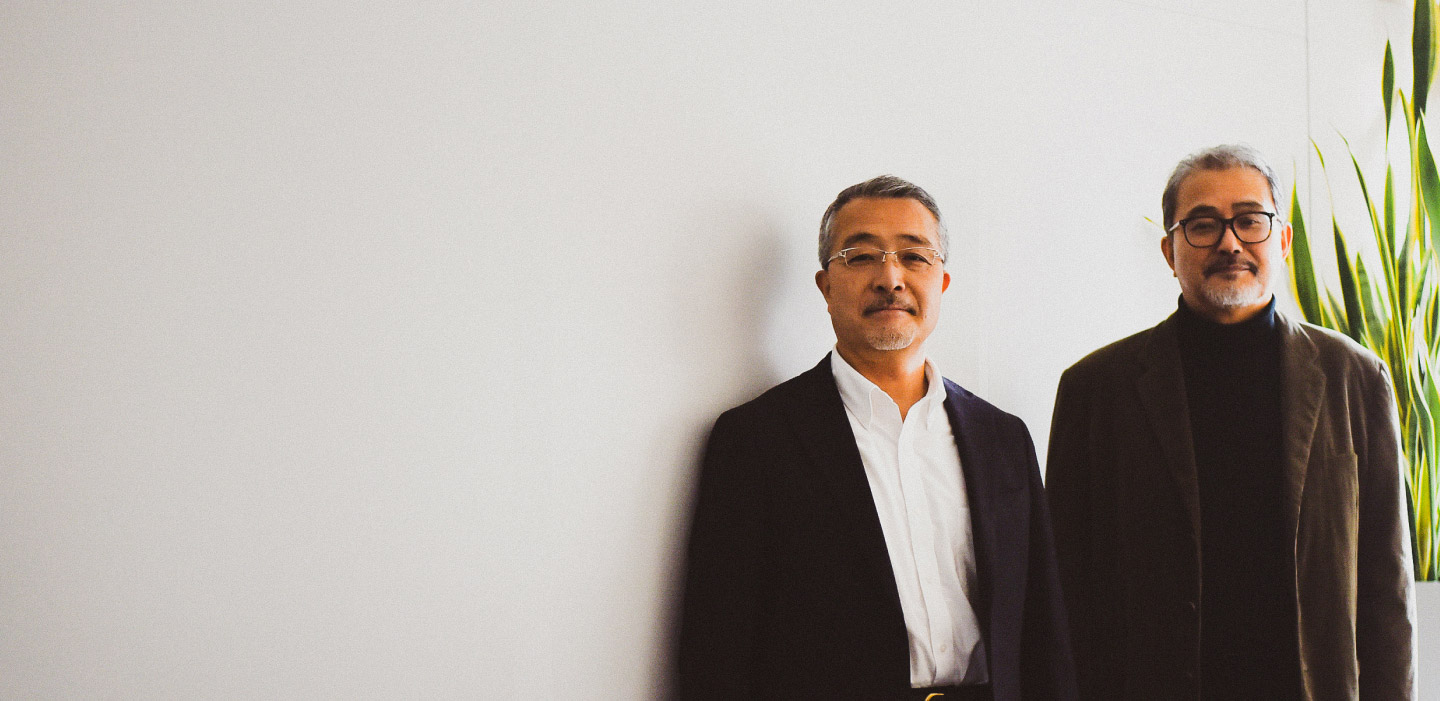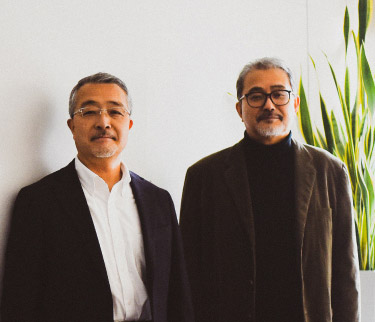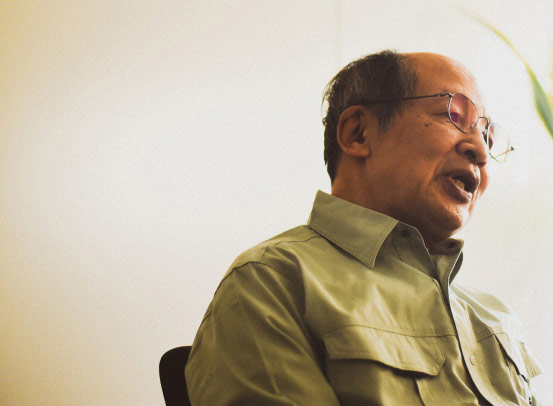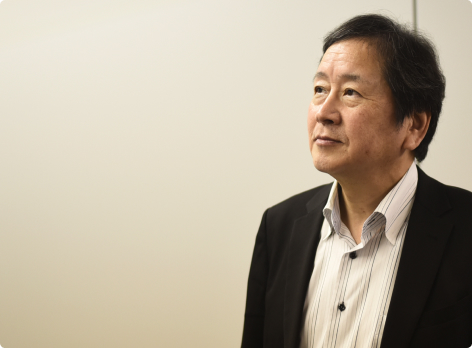A New Axis of Consultancy for Japan's Infrastructure Industry
Please begin by introducing yourselves.
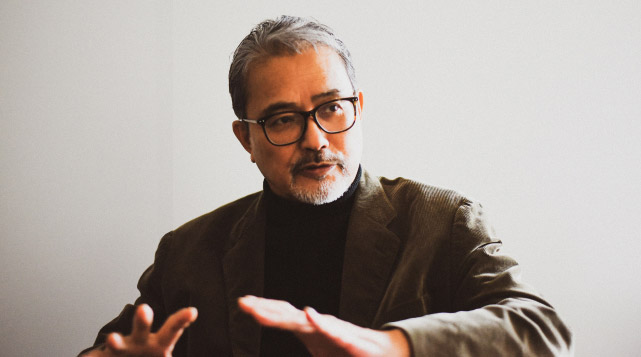
I am Kazuo Oyabu, chairman of the board. I have been with a general contractor for 35 years and have
gained all kinds of valuable experience as a civil engineer, from field work to sales and business
strategy. I decided to enter this industry at the age of 18, just before I considered which major
subject in the university would be suitable for me.
The reason I founded JEM in 2010 was to create a new axis of consultancy
in Japan's infrastructure industry together with my fellow Seniors. I started the company
not only to challenge something new, but also to find a new approach and direction.
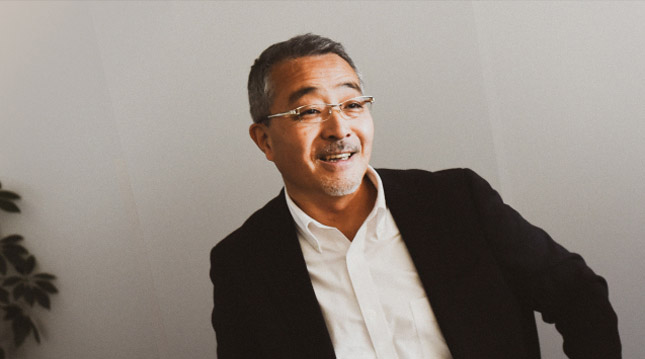
I am Kazuhisa Fujioka, President of the company. Like Mr. Oyabu, I joined a general contractor right
after I graduated from a university , where I learned a lot. I had a desire to work in civil
engineering, not architecture, and originally entered the industry as an office worker, not as an
engineer.
After that, I worked for two engineering consulting companies and once found a consulting firm all by
myself, but for various reasons it didn't work out. It was about 10 years ago when I met Mr. Oyabu for
the first time while I was engaged in management work at another company. We started talking
frequently, and I joined JEM three years ago.
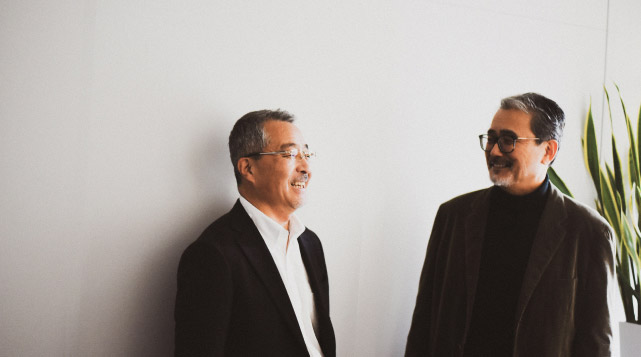
In February 2022, I passed the baton to him. The reason for this is that he best understood what we were aiming for. Many people who have accumulated a lot of experience and are burdened with the past tend to miss out on new challenges and are content with the present situation. In such a situation, I was glad that he sympathized with my ideas and thought about them more than I did.



There is Value in Anticipating Issues and Proposing and Solving Them.
What is JEM working on and what kind of value does it provide?
What we are engaged in is “consulting” not “matching”. In other
words, we determine what the other person's needs are. In other words, we determine what the client's
request is and make proposals that take full advantage of our
professional engineers' capabilities to address the fundamental issues.
We welcome the opportunity to help clients clarify their own requests, and we also welcome the
opportunity to help clients understand the situation and conditions of the client.
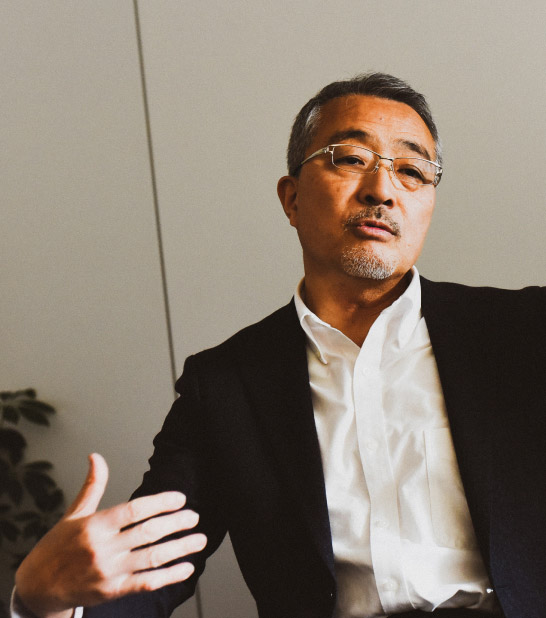
Companies and people can be divided into two main patterns: problem-solving and goal-setting. The former can be solved if given a theme, such as "there is a problem," but in fact, it is difficult to find the problem. What the infrastructure industry needs is the latter, which can anticipate issues that the other party is unaware of and propose and solve them, and JEM provides that kind of value.
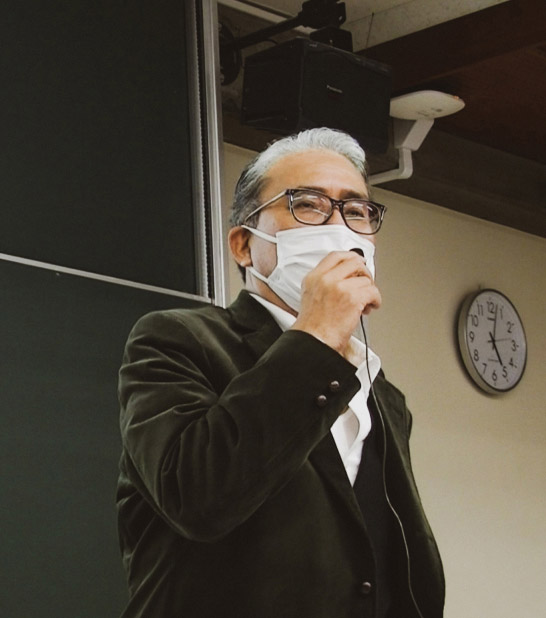
Photo of Oyabu lecturing at Chiba University of Commerce in 2021
For example, when a patient says, "I have a pain in my XX," a good doctor does not consider the problem to be limited to the painful area, but considers all possibilities, examines the area, and provides appropriate treatment. In the same way, we also consider the cause of the problem. But these ideas and options come from a wealth of experience. This is where Senior's experience comes in handy.


Photo of Oyabu lecturing at Chiba University of Commerce in 2021
What are your thoughts towards JEM engineers?
The engineers at JEM are very experienced and I respect them all.
“Respect” is indeed in my mind as well . It means that we acknowledge the existence and path of each engineer. I also have absolute faith in the engineers at JEM.
If JEM Brings New Waves of Change, Japan's Infrastructure Industry will Change.
What do you think is the significance of JEM's existence?
This is not an exaggeration. If we can build what JEM is aiming for, we can create something that has never existed in the Japanese infrastructure industry. There is no doubt that it will bring a new style of life. And experienced and talented engineers will be able to newly give off the sparkle in their lives.
In our world, experience accumulates, and within that experience are solutions. As the saying goes, "Learn the new from the old," and if you don't know what has gone before, you won't know what is new. Ideas emerge from experience, and only through actual experience can they be useful in guiding the next generation.
Of course, we want young engineers to live their lives with pride. Experience is important, but young power is also essential for building the future. It is JEM's role to pass on the knowledge to the younger generation, and we would like to build the infrastructure industry together.
What are your thoughts on the Japanese infrastructure industry, and what challenges, if any, do you see?
To be honest, I don't find it very interesting at the moment. There aren't that many big sites in Japan, and the structure and the state of the industry hasn't changed since the past, so there aren't any budding new things like we are doing. There are also problems with laws like accounting laws and antitrust laws, and I think there is a very large part of the industry that is bound by the old.
To build a New Infrastructure Industry
What is JEM's vision for the future?
I would like to challenge myself to do something that the infrastructure industry has not been able to do
before, and I hope to be the new infrastructure industry's
forerunner.
This industry has many peculiarities in addition to the law. There is little human interaction, people
other than those who have been in the industry for a long time cannot easily become the core of
management, and the relationship between client and order taker is not interchangeable. These things make
the infrastructure industry inward-looking and, as a result, hinder its development potential.
In addition, I think there is a point where we have defined our own sphere of activity in construction
projects and development and have not been able to go beyond that point.JEM is now trying to challenge
this, and is expanding its new business beyond construction and
development, in order to position itself to be involved in the business for a longer period of
time. We are currently attempting to do so.
We need solid skills, and at the same time, I feel it is important to have the courage to transfer our skills that we have honed to new challenges.
Therefore, the infrastructure industry also requires IT skills. At the same time, however, we must not
forget that they are only "tools". What tools can never convey is
"emotion".
JEM's strength is that we have many experienced people, but experience is a drawer, and it is emotion that
can open the drawer. Without such human emotions, such as frustration, being mad, or being moved ......,
we would not be able to make the most of our technology. That is why JEM welcomes engineers who have rich
emotions and sensitivity as well as technology.
I Want to Create "Club JEM" and Provide an Opportunity for Life.
What do you plan for the future of your life?
I want everyone to come together at JEM and live a shining new life together. And I want to continue to live more and more freely.
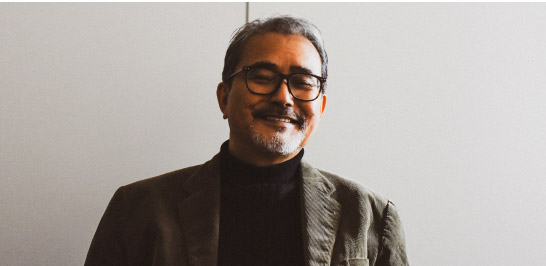
I want to create "Club JEM". If you come back from the field and drop by, you can hear interesting stories and meet people and develop in ways you never imagined. As a bartender with a good ear for listening, I would like to actively provide an opportunity for people to do something, and if I can make it happen, it will be "engineering for life.
